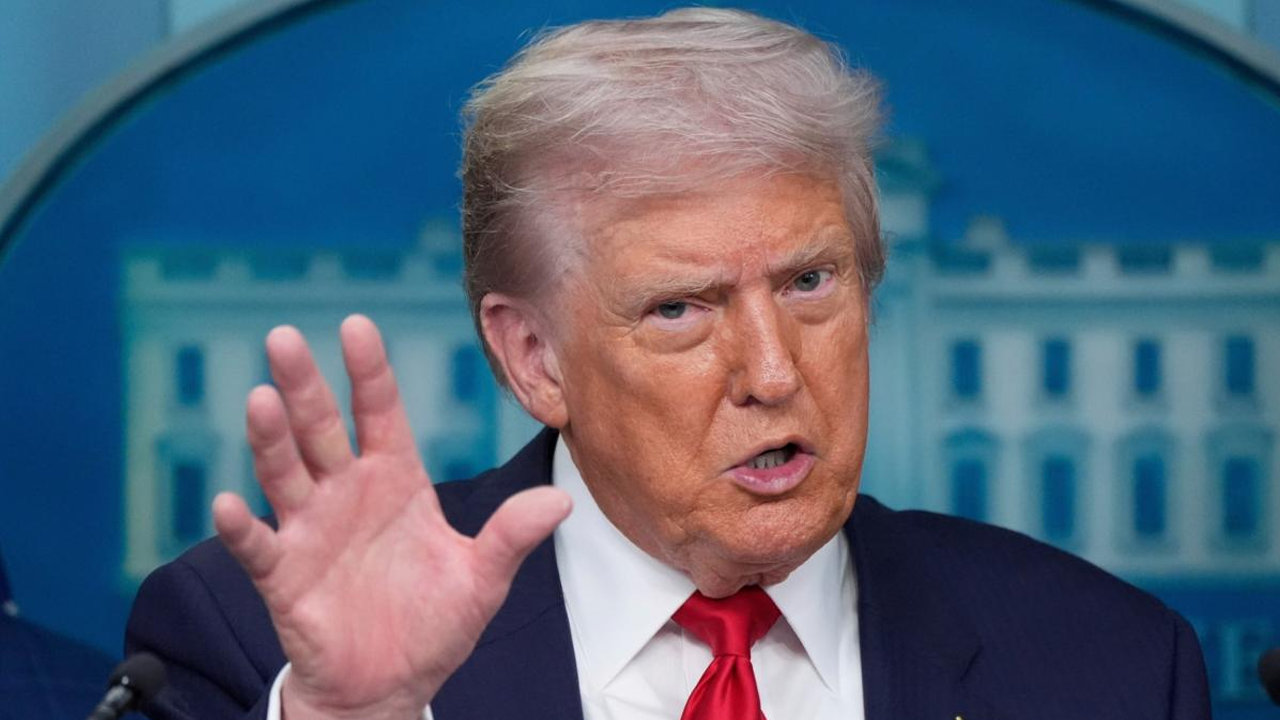Russian Opposition Leader Leaves Berlin Hospital After Poisoning
Doctors treating Aleksei Navalny said he had been discharged after 32 days of treatment and could make a full recovery.
Given the substance used, the German authorities and others say there is no doubt that the Russian government was behind the poisoning. Such an act would be a breach of the Chemical Weapons Convention to which Moscow is a signatory.
The organization is expected in the coming days to release the results of its own analysis of biomedical samples collected from Mr. Navalny by its team of experts. Leaders in Berlin and Paris are awaiting the findings before moving to impose financial sanctions on Russia through the European Union.
According to the French newspaper Le Monde, during a Sept. 14 phone call between President Emmanuel Macron of France and President Vladimir V. Putin, the Russian leader stonewalled with denials and offered dubious explanations for Mr. Navalny’s poisoning, suggesting that the Russian opposition leader might have poisoned himself.
Although Mr. Macron’s office declined to comment on the report, which was published on Tuesday and based on unspecified sources, Mr. Navalny responded with a sarcastic comment on his social media account.
“It’s a good theory,” he said. “I think it is worth the closest study.”
“I boiled Novichok in the kitchen, quietly took a sip of it in the plane and fell into a coma,” he continued. “Before that, I agreed with my wife, friends and colleagues, that if the Health Ministry insisted on taking me to Germany that they would never permit that to happen. Dying in an Omsk hospital and ending up in an Omsk morgue where the cause of death would be listed as ‘lived long enough’ was the ultimate goal of my cunning plan.”
“But Putin,” he said, “outplayed me.”
Once Mr. Navalny arrived in Berlin, doctors at the Charité hospital placed him in a medically induced coma in the intensive care ward, where he spent 24 days, while also under constant police protection.
Suspecting that their patient was suffering from an agent more complex than what they could detect, they sent samples to their colleagues at the Military Institute for Pharmacology and Toxicology in Munich, which found traces of a nerve agent from the Novichok family in Mr. Navalny’s blood and urine.
It was also found on a water bottle that the opposition leader’s team brought to Germany from his hotel room, leading them to believe that he was poisoned there, not at the airport as had originally been suspected.
Laboratories in France and Sweden have confirmed the German findings that Mr. Navalny was poisoned with a nerve agent from the Novichok family.
Russia has been insisting that it is willing to open an investigation of the Navalny poisoning but that it has been stymied by the refusal of France and Germany to share the results of their analyses, an assertion that Mr. Putin repeated in his conversation with Mr. Macron, Le Monde said. Both countries have insisted that Moscow had all the information it needed from the two days Mr. Navalny spent in Russia before he was evacuated to Germany.
Russia’s ambassador to Germany, Sergei Nechayev, told a German newspaper, the Berliner Zeitung, that Mr. Navalny had not responded to attempts from the embassy to provide him with consular services.



No comments:
Post a Comment